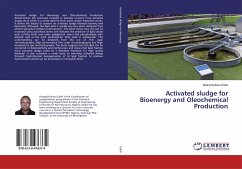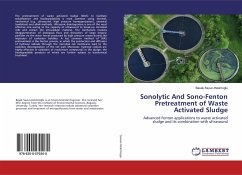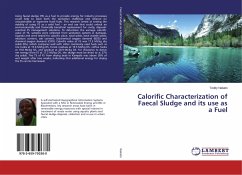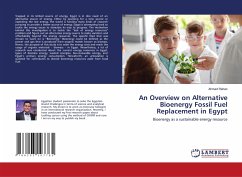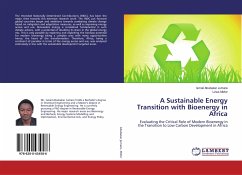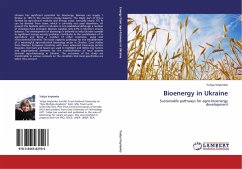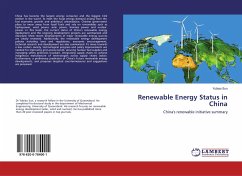Activated sludge for Bioenergy and Oleochemicals Production demonstrates the processes involved in biomass recovery from activated sludge slurry which is a waste material from waste waster treatment works. It shows the impact of seasons on activated sludge biomass recovery and lipid yield. Although, the lipid yield is usually very low when obtained from solvent extraction without pretreatment. The book shows how this can be increased using subcritical water and indicates the presence of lipid classes such as fatty acids, wax ester, acylglycerol, sterol and phospholipids with palmitic acid as the most predominant fatty acids in wastewater. This understanding can be obtained from the use of Thin Layer chromatography, High performance Thin Layer chromatography and High temperature gas chromatography. The book suggests how the lipid can be converted to biodiesel/fatty acid methyl ester and shows that lipid fraction from activated sludge could be a desirable feedstock for high qualitybiodiesel. It also considers a novel route of valorising activated sludge through hydrothermal deoxygenation of its lipid fraction to produce hydrocarbons which can be processed to renewable diesel.

